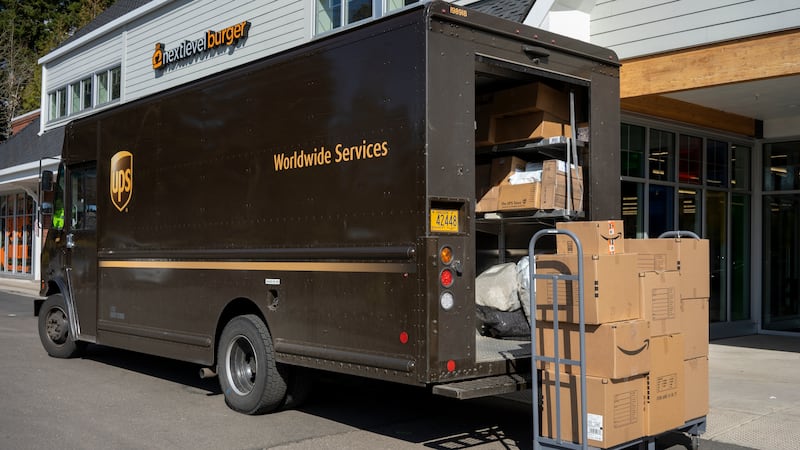SEATTLE — Washington's carbon tax initiative was billed as a bipartisan approach to curbing carbon emissions. But voters in this progressive state roundly rejected the measure that drew opposition from the fossil fuel industry and, more surprisingly, many major environmental groups.
The proposed tax on carbon emissions from fossil fuels such as coal and gasoline would have been the first in the U.S., and sponsors hoped it would serve as a model for actions across the country.
The measure failed by a vote of 59 to 41 percent, but backers said their efforts spurred urgent conversations about climate change in an election year where the issue got little national attention.
"Our campaign all along said, 'We're going to take a swing at the ball,' and we did that. But the game is not over," said Yoram Bauman, an economist who founded Carbon Washington, the grassroots group behind Initiative 732. "Our group and other folks will look for other opportunities to try to take action."
A state group representing businesses said voters rejected a flawed proposal that would have driven up energy prices for families, workers and employers.
Initiative 732 would have started taxing carbon emissions at $15 a metric ton in July, gone up to $25 the next year and gradually increased until it hit a maximum of $100 a ton. Money from the tax, which would be paid by power plants and fuel importers, would have been used to reduce the state sales tax, virtually eliminate business taxes for manufacturers and return a rebate to many working families.
It had the support of many economists, climate activists, state Democrats and scientists such as James Hansen, the former NASA climate scientist often considered the godfather of global warming research.
"Among economists, one of the most frustrating parts of the election was the fact that environmentalists didn't seem to get behind this as much as we hoped that they would," said Christopher Knittel, professor of applied economics at MIT's Sloan School of Management.
Left-leaning groups that opposed the measure said they support climate action, but I-732 was a "false solution" that would hurt the poor. They said it wrongly focused on tax cuts rather than investing money in clean energy projects and communities hardest hit by climate change.
"The burden would be on those who can least afford it," said Rebecca Saldana, executive director for Puget Sound Sage, part of a coalition that has been working on a parallel effort in the state. "Washington will continue to lead. We led by having something on the ballot, and now we'll lead by getting something that works."
Saldana's group and others in the Alliance for Jobs and Clean Energy are planning to bring a similar tax on carbon pollution to the Washington Legislature next year — though their version would redirect money to clean energy projects and low-income and minority communities.
The initiative was billed as "revenue-neutral" but many, including Gov. Jay Inslee, worried about its fiscal impact on the state budget. A state analysis estimated the carbon tax could cost the state about $800 million in lost revenues over the first six fiscal years, though sponsors disputed that.
Washington state has been on the forefront of climate policy as Inslee pushed measures to curb greenhouse gas emissions blamed for global warming. In September, the state passed regulations to limit those emissions from Washington's large carbon polluters.
"The public wants to act on climate change, but it wants to have a policy that cuts pollution and invests in clean energy solutions," said Greg Small, executive director of Climate Solutions, which didn't support I-732.
It's always an uphill battle to pass measures with the word "tax" in it, said Gail Gatton, executive director for Audubon Washington, the only major environmental group in the state to support I-732. The group formed a campaign committee that spent more than $1 million to back the carbon tax.
"If not for this initiative, I don't think there would be anybody nationally talking about climate change," Gatton said. "This was one really exciting option, but there are plenty of other things we could be doing."
Associated Press








